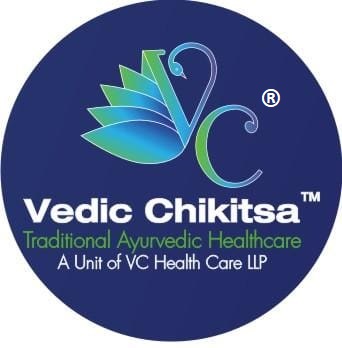Effective Headache Treatment: A Comprehensive Guide
Headaches are a common ailment that can disrupt daily life, making effective headache treatment essential. Understanding the causes, symptoms, and treatments for headaches can help in managing and preventing them. This guide offers insights into various headache treatment options, focusing on home remedies, lifestyle changes, and medical interventions.
Understanding Different Types of Headaches
Before diving into treatment options, it’s crucial to understand that headaches come in various forms, each requiring a different approach:
-
Tension Headaches: These are the most common type, often caused by stress, anxiety, or poor posture. They typically manifest as a constant ache or pressure around the head, particularly at the temples or back of the head and neck.
-
Migraines: Migraines are more severe than tension headaches and are often accompanied by symptoms like nausea, vomiting, and sensitivity to light and sound. They can last from a few hours to several days.
-
Cluster Headaches: These are rare but extremely painful, characterized by intense pain around one eye or one side of the head. They occur in clusters, happening multiple times a day during a cluster period.
-
Sinus Headaches: Caused by sinus infections or blockages, these headaches are felt around the forehead, eyes, and cheeks.
Home Remedies for Headache Relief
For those looking for natural headache relief, several home remedies can be effective:
-
Hydration: Dehydration is a common cause of headaches. Drinking plenty of water can often alleviate the symptoms. Aim for at least 8 glasses of water a day.
-
Cold or Warm Compresses: Applying a cold compress to the forehead or a warm compress to the neck can help reduce tension headaches. Cold compresses numb the area, while warm compresses relax tense muscles.
-
Ginger Tea: Ginger has anti-inflammatory properties that can help reduce the severity of headaches. Drinking ginger tea or taking ginger supplements can be beneficial, especially for migraines.
-
Peppermint Oil: The menthol in peppermint oil can help relax muscles and ease pain. Applying diluted peppermint oil to the temples or inhaling its aroma can provide relief.
-
Proper Sleep: Lack of sleep is a significant trigger for headaches. Ensure you get 7-8 hours of quality sleep each night to prevent and treat headaches.
Lifestyle Changes for Long-Term Headache Management
Incorporating certain lifestyle changes can help prevent headaches from occurring:
-
Stress Management: Since stress is a major headache trigger, engaging in regular stress-relief activities like yoga, meditation, or deep-breathing exercises can help.
-
Healthy Diet: Eating regular, balanced meals helps maintain blood sugar levels, which can prevent headaches. Avoiding trigger foods like processed meats, aged cheeses, and caffeine is also advisable.
-
Regular Exercise: Physical activity increases endorphins, the body’s natural painkillers, and helps reduce the frequency of headaches. Aim for at least 30 minutes of moderate exercise, such as walking or cycling, most days of the week.
-
Proper Posture: Poor posture can lead to tension in the neck and shoulders, causing headaches. Maintaining good posture while sitting and standing can help prevent tension headaches.
Medical Treatments for Severe Headaches
When home remedies and lifestyle changes are not enough, medical treatments may be necessary:
-
Over-the-Counter Pain Relievers: Medications like ibuprofen, aspirin, or acetaminophen can be effective for occasional headaches. However, overuse can lead to rebound headaches, so it’s important to use them sparingly.
-
Prescription Medications: For migraines and severe headaches, doctors may prescribe triptans, beta-blockers, or antidepressants to reduce frequency and severity.
-
Botox Injections: For chronic migraines, Botox injections may be recommended. These injections can help prevent headaches by blocking pain signals.
-
Physical Therapy: For tension headaches caused by muscle strain, physical therapy can be effective. Techniques include stretching, strengthening exercises, and massage.
Conclusion
Headache treatment involves a combination of home remedies, lifestyle adjustments, and medical interventions, depending on the type and severity of the headache. Staying hydrated, managing stress, maintaining a healthy diet, and getting regular exercise are key preventive measures. For chronic or severe headaches, consulting a healthcare professional for appropriate medical treatment is essential. By understanding and addressing the underlying causes, headaches can be effectively managed, allowing you to lead a pain-free life.

.jpg)